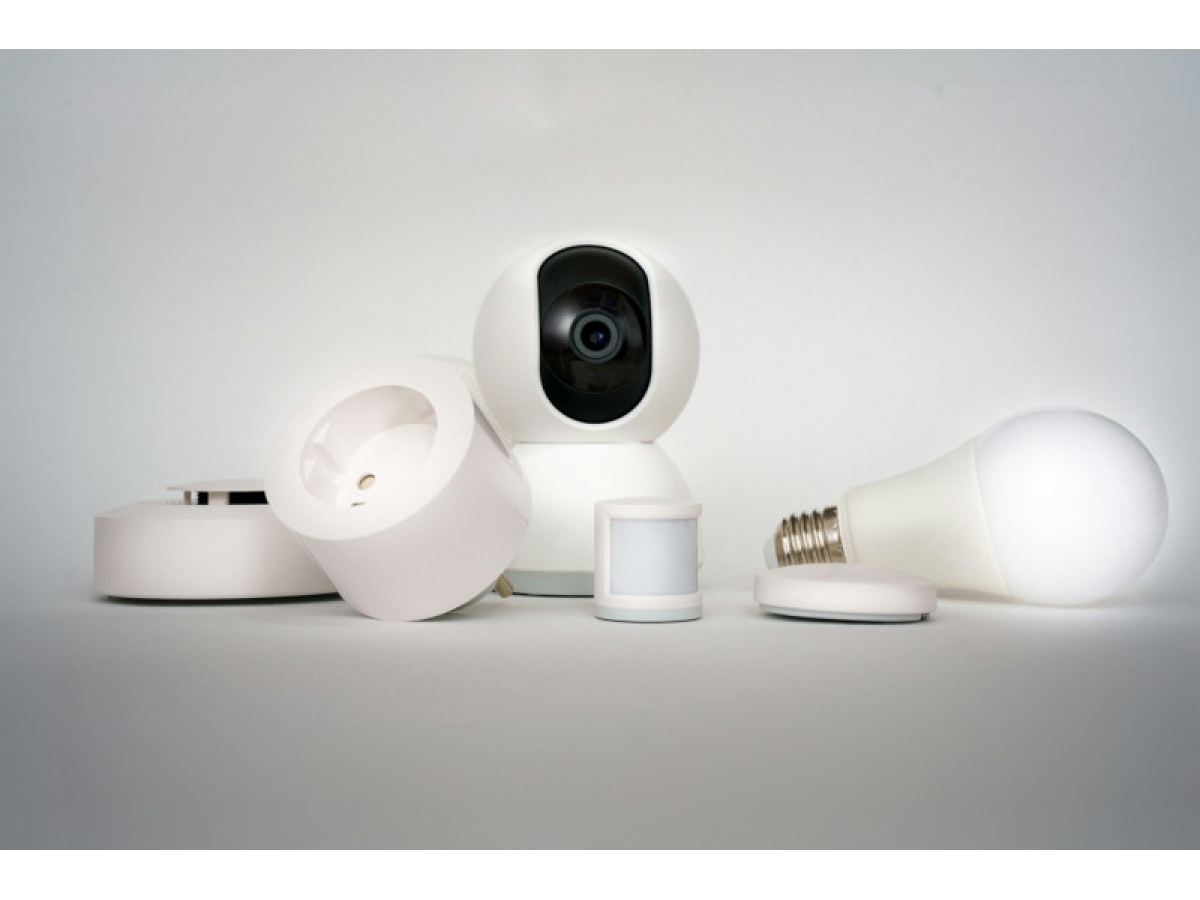
The US wants to address the problem of support for smart home devices disappearing without warning
In September, iFixit, along with the Electronic Frontier Foundation and Consumer Reports, sent a letter to the US Federal Trade Commission (FTC) expressing concern about unfair practices by smart home device manufacturers. The document states that many companies fail to inform consumers about the end of support for their products, resulting in reduced functionality or complete loss of functionality.
In response to iFixit, Electronic Frontier Foundation, and Consumer Reports, the U.S. Federal Trade Commission (FTC) conducted a study that found that many smart home device manufacturers do not disclose information about how long their products will be supported. Analyzing 184 devices in 64 categories, the agency found that only 11.3 percent of the time did product pages include information about the length of software support. In 89 percent of cases, this information was either hidden or nonexistent. For 124 devices, the FTC could not find any information about support hours. The use of generative artificial intelligence to search for information in Google has exacerbated the problem, as these summaries often contain errors.
The lack of transparency violates the Magnuson-Moss Warranty Act when it comes to products with written warranties valued at $15 or more. In some cases, the support information still available was either unclear or misleading. For example, product pages often included language such as "lifetime technical support" or "ongoing software updates," which in practice was not true. In one example, the manufacturer promised "lifetime support" but there were no security updates for the device as of 2021, and in another case, support was stated to last until 2028, when in reality it ended earlier.
The results of the FTC investigation confirmed the claims of the human rights organizations. Experts suggest introducing new rules for smart device manufacturers so that consumers know in advance how long their products will be supported. This will not only help consumers make more informed decisions when choosing devices, but will also encourage manufacturers to produce more durable products, which will increase competition in the market.
